Organic gardening has rapidly gained popularity as people are becoming more aware of the environmental and health benefits of growing plants without the use of synthetic chemicals. Organic gardening is not only about cultivating beautiful plants; it’s about creating a balanced, healthy ecosystem that can sustain itself over time. Whether you’re a beginner or an experienced gardener, this comprehensive guide will provide you with the knowledge to grow your own organic garden successfully.
Why Organic Gardening?
Organic gardening goes beyond simply avoiding chemicals; it focuses on fostering a natural environment where plants, soil, and wildlife thrive in harmony. The benefits are numerous:
- Healthier Produce: Organic gardening means no harmful pesticides or fertilizers. This results in produce that is fresher, tastier, and more nutritious.
- Environmental Benefits: Organic gardening helps reduce pollution, conserves water, and improves soil fertility.
- Biodiversity: By encouraging natural wildlife like beneficial insects and birds, organic gardening helps create a sustainable ecosystem.
Getting Started with Organic Gardening
Choosing the Right Location
The first step to a successful organic garden is selecting the right location. Most plants need at least 6 hours of sunlight per day. Make sure to choose a spot that drains well and has access to water. Avoid areas with heavy foot traffic or where water tends to accumulate.
Soil Preparation
Soil is the foundation of any garden, and organic gardening focuses heavily on building healthy soil. Start by testing your soil to understand its composition. A balanced mix of sand, silt, and clay, along with plenty of organic matter, is ideal.
- Composting: Adding compost to your soil is one of the best ways to improve its quality. Compost helps retain moisture, provides essential nutrients, and supports beneficial microorganisms.
- Mulching: Mulch helps retain moisture, regulate soil temperature, and suppress weeds. Organic materials like straw, leaves, and grass clippings are excellent mulches.
- Crop Rotation: Changing the types of plants you grow each season prevents soil depletion and helps control pests.
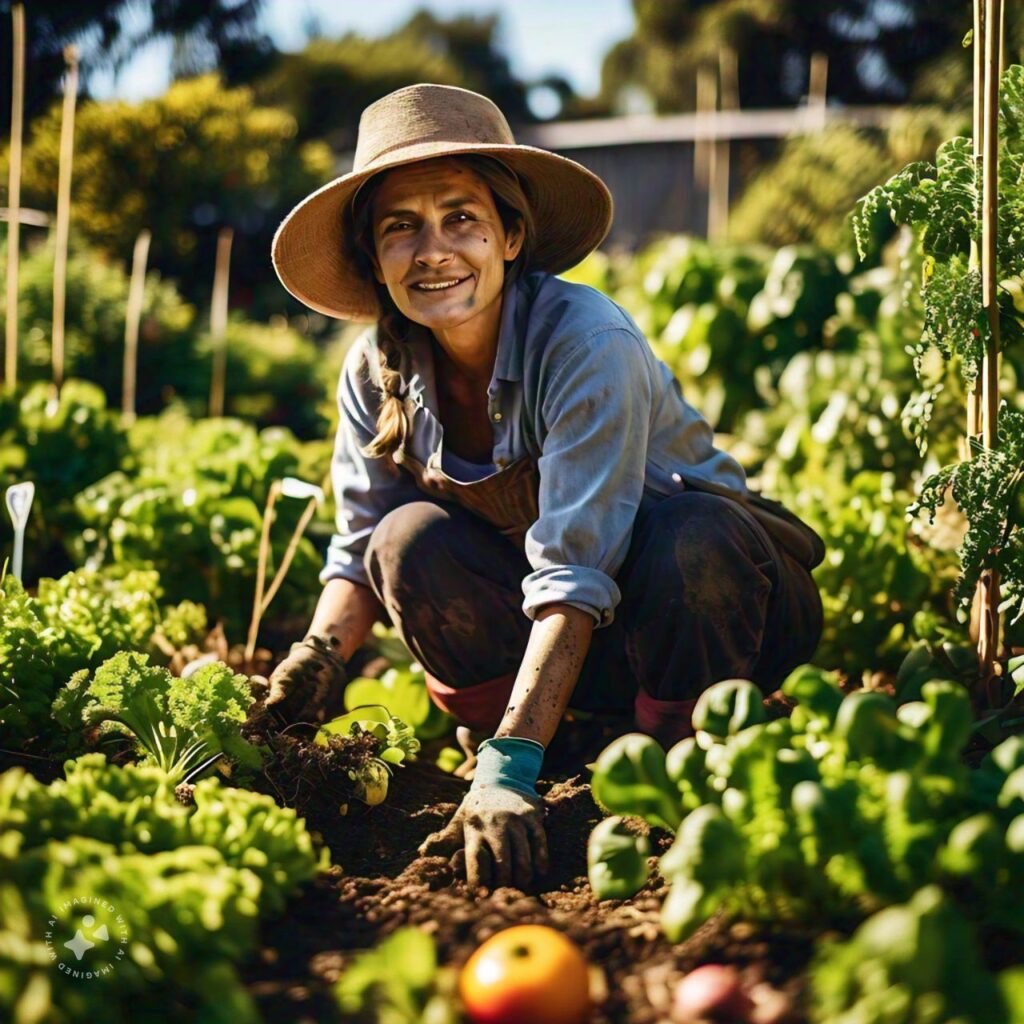
Selecting Plants for Your Organic Garden
Not all plants are well-suited for organic gardening, especially if you’re new to it. Choose native plants or those that are naturally resistant to pests and diseases. These plants require less maintenance and are more likely to thrive without chemical intervention.
Best Plants for Organic Gardening
- Tomatoes: A staple of many gardens, tomatoes grow well organically when provided with proper sunlight and water.
- Herbs: Basil, oregano, and rosemary are easy to grow and naturally deter pests.
- Leafy Greens: Spinach, kale, and lettuce are hardy, fast-growing, and full of nutrients.
Organic Pest Control
One of the biggest challenges in organic gardening is managing pests without synthetic pesticides. Fortunately, nature provides us with several effective, organic pest control methods:
- Beneficial Insects: Ladybugs, lacewings, and parasitic wasps are natural predators of many garden pests. Encouraging these insects in your garden can reduce the need for intervention.
- Companion Planting: Planting certain plants together can naturally repel pests. For example, marigolds deter aphids, while garlic repels many insects.
- Neem Oil and Soap Sprays: Neem oil is a natural insecticide that is effective against a wide range of pests without harming beneficial insects. Soap sprays can also be used to kill soft-bodied insects like aphids.
Watering Your Organic Gardening
Water is essential for your garden, but overwatering can lead to root rot and attract pests. Organic gardening emphasizes efficient water use:
- Water Deeply: Instead of frequent shallow watering, water your garden deeply once or twice a week. This encourages roots to grow deeper, making plants more drought-resistant.
- Drip Irrigation: Drip irrigation systems deliver water directly to the base of the plant, reducing evaporation and water waste.
- Rainwater Harvesting: Collecting rainwater is a sustainable way to water your garden without increasing your water bill.
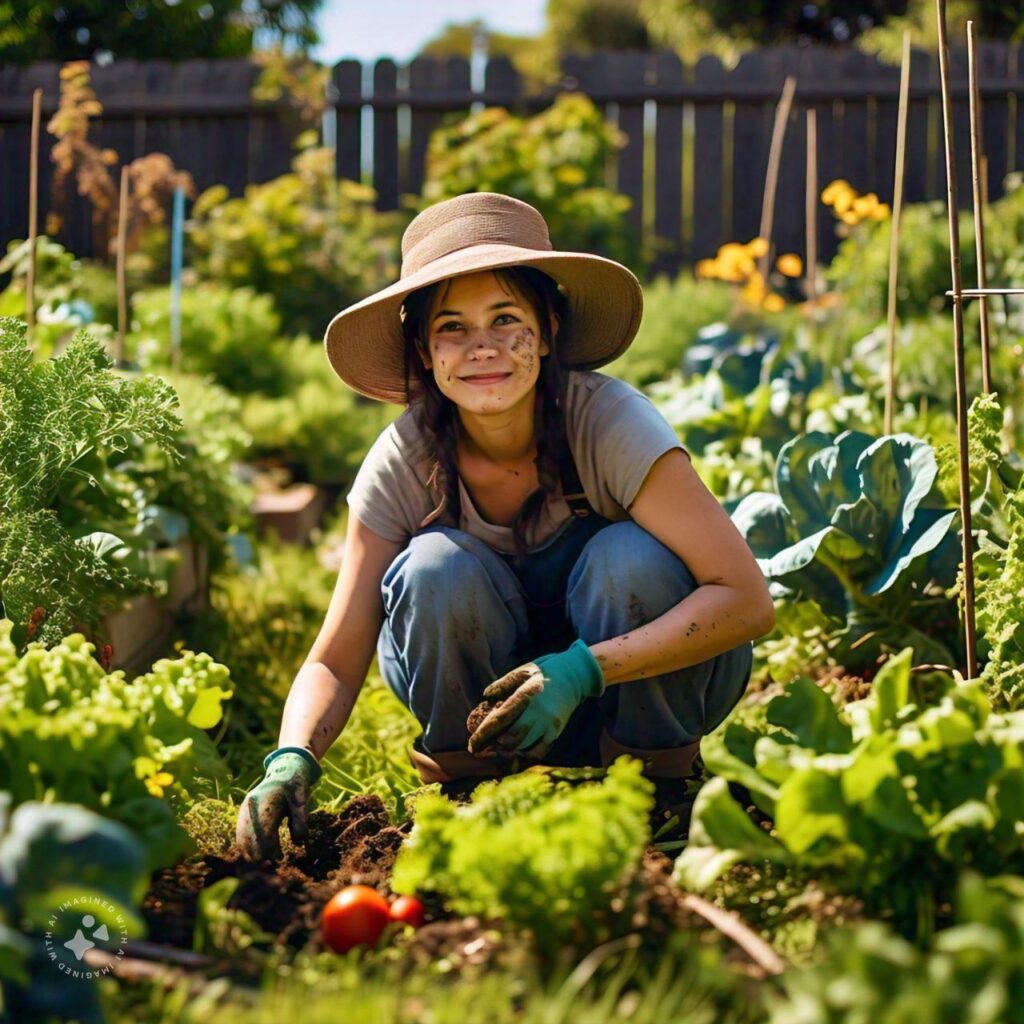
Fertilizing the Organic Way
Conventional fertilizers can damage the soil over time, but organic fertilizers improve soil structure and provide long-term nutrition. Here are some of the best organic fertilizers:
- Compost: As mentioned earlier, compost is rich in nutrients and improves soil structure.
- Manure: Well-rotted animal manure is an excellent organic fertilizer. It is rich in nitrogen, phosphorus, and potassium.
- Green Manure: Planting cover crops like clover or rye and tilling them into the soil provides organic matter and nutrients for your plants.
Weed Control Without Chemicals
Weeds can compete with your plants for nutrients, but organic gardening avoids synthetic herbicides. Here’s how to control weeds naturally:
- Mulch: A thick layer of mulch smothers weeds by blocking sunlight.
- Hand Weeding: This may be labor-intensive, but it’s the most effective way to remove weeds without damaging your plants.
- Vinegar: A spray of vinegar can kill weeds without harming the environment. Be careful not to spray it on your plants!
Maintaining Soil Health
Healthy soil is the cornerstone of organic gardening. Over time, soil can become depleted of nutrients. To maintain soil fertility:
- Add Organic Matter Regularly: Compost, mulch, and cover crops should be added regularly to replenish nutrients.
- Avoid Tilling: Excessive tilling disrupts the natural structure of the soil and harms beneficial organisms.
- Test Soil Annually: Regular soil testing helps you monitor nutrient levels and pH balance. Adjust your organic fertilizers accordingly.
The Importance of Crop Rotation
Crop rotation is a key principle in organic gardening. By rotating crops, you prevent soil depletion and break pest cycles. Here’s how to do it:
- Divide your garden into sections: Plant different types of crops in each section and rotate them each season.
- Alternate plant families: Crops from the same family (like tomatoes and peppers) should not be planted in the same spot year after year.
- Include cover crops: Cover crops like clover or rye can be grown in rotation to restore soil fertility.
Harvesting and Storing Your Organic Gardening Produce
Once your garden is thriving, the next step is to enjoy the fruits (and vegetables) of your labor. Organic produce should be harvested at its peak for the best flavor and nutritional value.
- Harvest regularly: Picking vegetables regularly encourages plants to keep producing.
- Store properly: Leafy greens should be refrigerated, while root vegetables like carrots and potatoes store best in a cool, dark place.
- Preserve your harvest: Freezing, drying, and canning are great ways to enjoy your organic produce year-round.
Conclusion
Organic gardening is more than a hobby – it’s a commitment to healthier living and a sustainable future. By following the principles outlined above, you can grow a thriving organic garden that provides you with fresh, nutritious produce while protecting the environment.
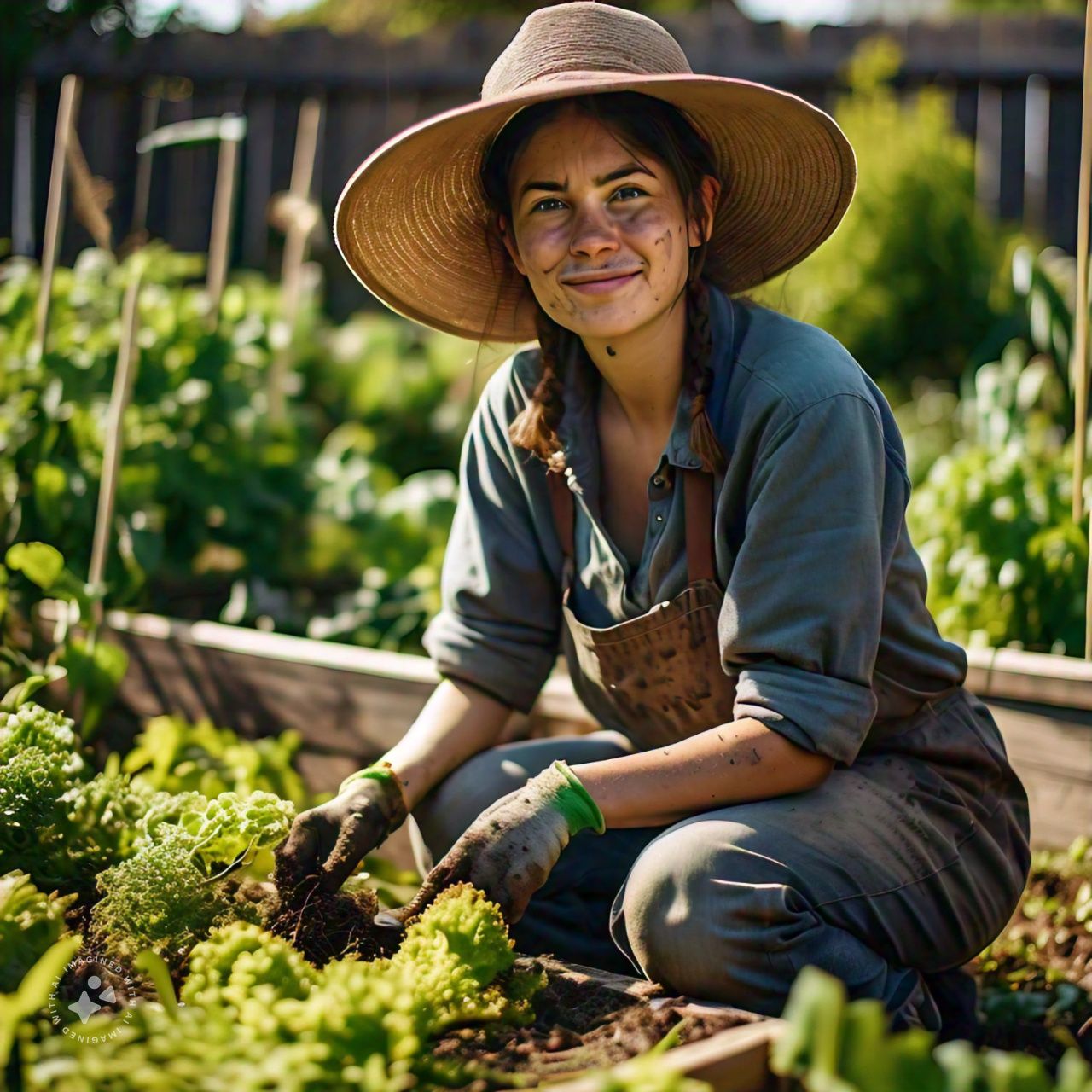
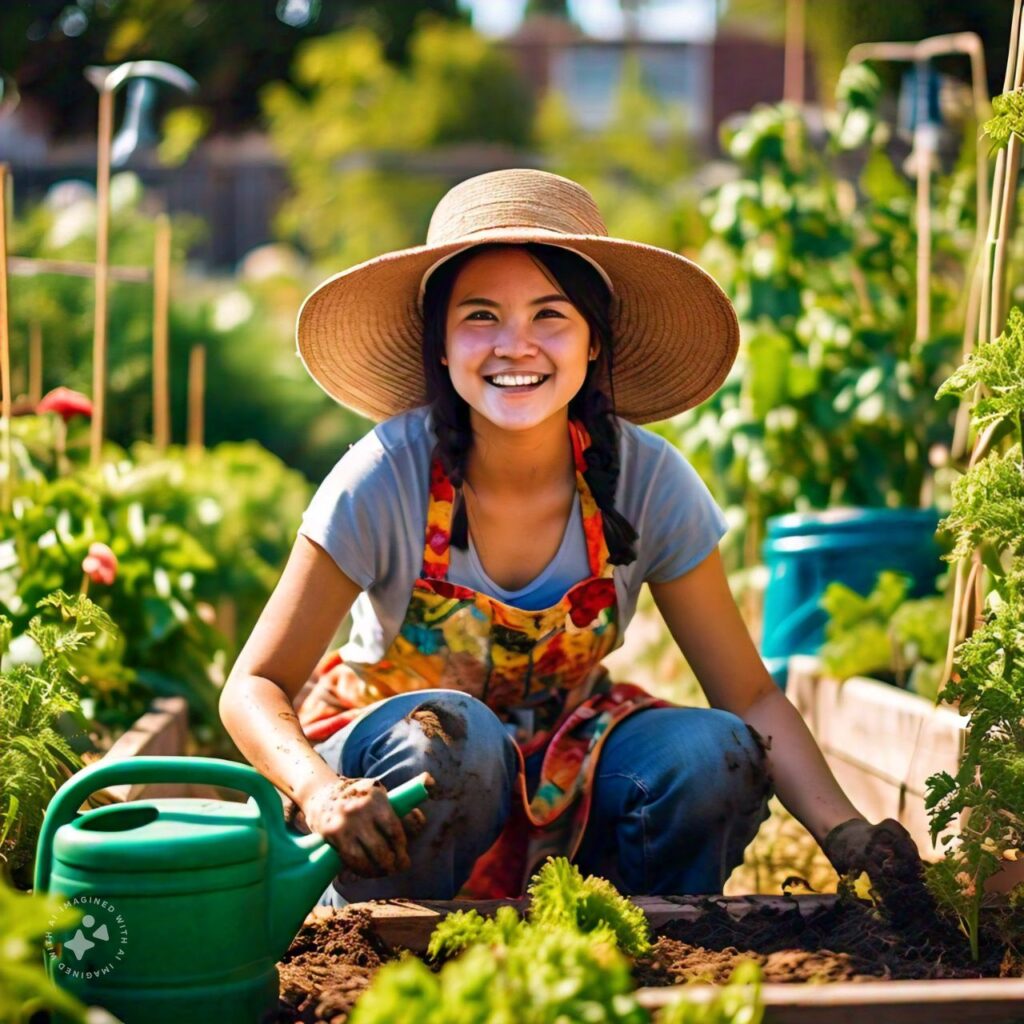
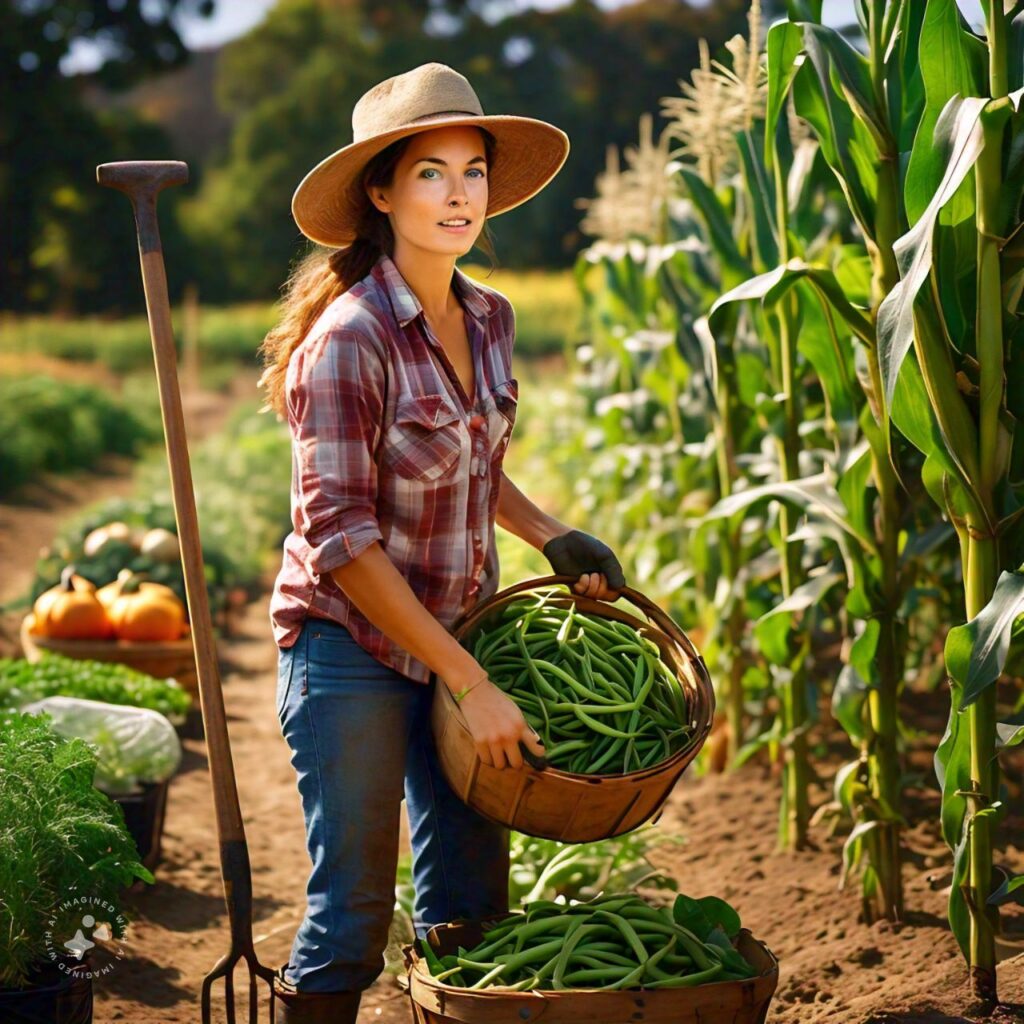
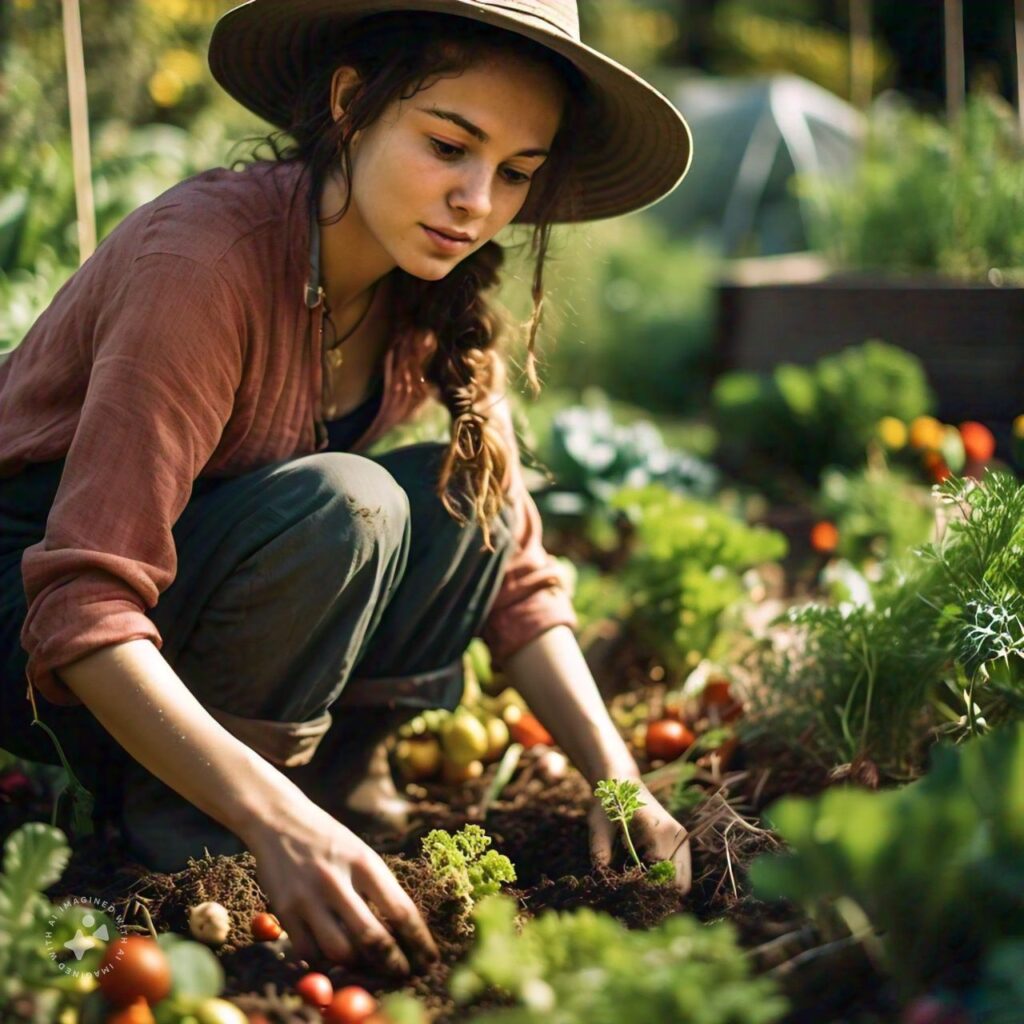
Your writing is like a breath of fresh air in the often stale world of online content. Your unique perspective and engaging style set you apart from the crowd. Thank you for sharing your talents with us.